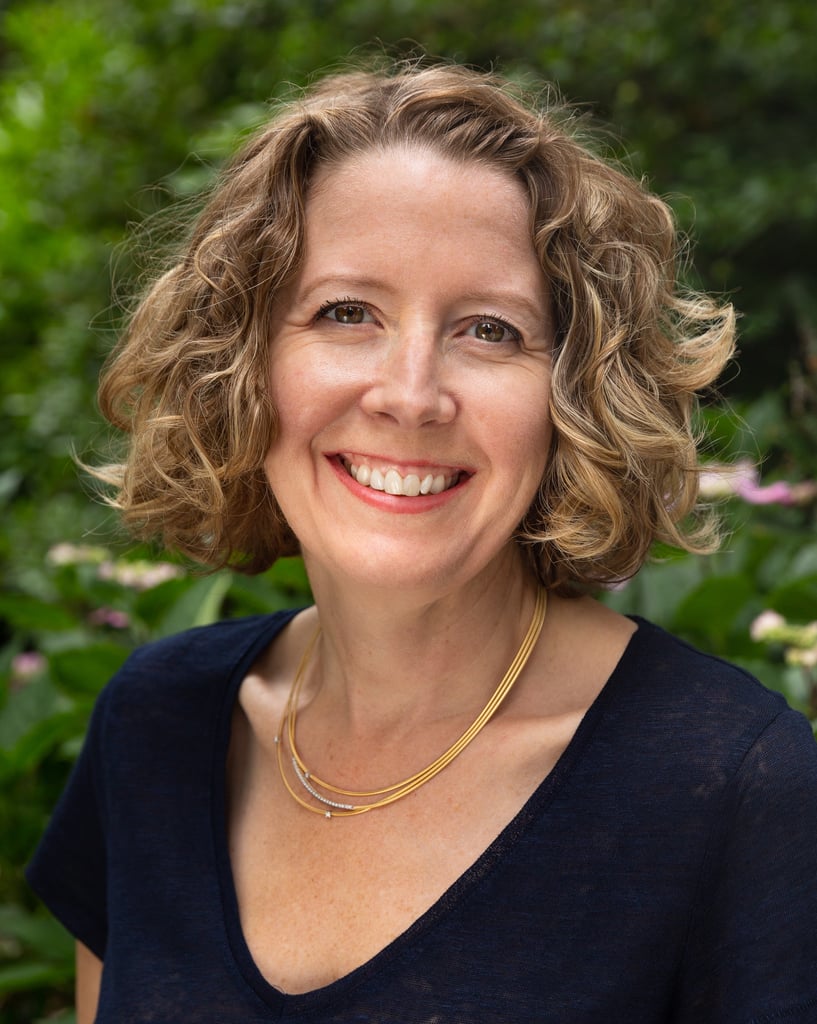A Day in the Life: Jennifer Garvey Berger, CEO of Cultivating Leadership

Working across clients such as Google, Microsoft, Wikipedia and more, CEO and Co-founder of a consultancy for executives, Cultivating Leadership, Jennifer Garvey Berger talks to Idealog about why leadership is important and about juggling personal life and work.
Why is leadership important to you, but also, what about it entices you to work in this industry?
I have always been an idealist, trying to do my part to make a better world. I started out as a teacher of 12-year-olds (English language and literature) and then 17-year-olds, and then teachers and principals. I loved all that work and also had a sense that it was vital but slow—the world needed to change as fast as possible. And so I learned about leadership and began spending my time with leaders. I fell in love with their desire to make a better world, and the concepts of adult development that showed us a map of growth to a place of greater and greater capacity. And also with complexity science which helped us understand the fast-moving and entangled world. Now I have the great privilege to work with senior leaders in some of the most respected companies in the world. I deepen my admiration for the craft of leadership and for those who pursue it for the creation of a better world.
Originally from the US and having worked with a number of leaders from around the world, what is the major difference in leadership types between New Zealand and the rest of the world?
Of course all leaders, all humans are different, but some of the patterns I’ve seen make my heart happy. Kiwi leaders are, first and foremost, Kiwis (which I adore). I find Kiwi leaders have an automatic sense of place, of land. They have a sense of history, of ancestors who brought them to this moment. They have the gentle pride of their land and communities without much of an outsized pride of person (sometimes without enough of pride in themselves at all). I know the significance of te tiriti is top of mind with the recent political intervention and an overwhelming response from the people of NZ. In my time in New Zealand, though, I have seen the ways Māori culture and traditions weave through and expand everyone’s understanding in a deeply bi-cultural way. Where other countries are just starting to be curious about Indigenous forms of leadership and all they offer our world, New Zealanders have been world leading.
What does a day in your life look like as you work alongside other global leaders in various time zones?
Read more: A Day in the Life: Pip Clarke, Head Winemaker of Mount Michael Wines
Every day is quite different. Last week I was teaching a workshop about Delighting in Complexity in the US. Today I’m at my home in the southwest of France. I woke early to exercise, I had two coaching calls with leaders around the world (one in Europe, one in Australia—the US ones were still sleeping this morning). I met with a handful of colleagues at Cultivating Leadership to design a new leadership program for a major tech client. I recorded a podcast about my new book, Changing on the Job: How leaders become courageous, wise, and steady in an anxious world. I ran down between meetings to help my mom, who lives here and who needs some help during the day because she’s in a wheelchair. Then there was dinner with my whole community (I live here with about a dozen friends). After dinner I had a meeting of the Tilt Foundation Board. (This is the foundation that those of us who owned Cultivating Leadership created so that we could give the firm to it. Now we redistribute our profits with the hope of helping to tilt the world in a direction towards sustainable flourishing.) And then some more help for Mom and to bed!

When it comes to productivity and efficiency, what is the best leadership strategy in your eyes?
There are so many tips and tricks about productivity and efficiency, but in my experience with leaders around the world it’s: take care of your own nervous system and grow yourself. When I first started coaching, I used to help my clients learn “skills” like delegation and prioritization. They really enjoyed learning these but struggled to make use of them, particularly when things got really complex and stressful (which is of course when they needed them most). Over time, I began to focus much more on helping leaders understand and shape their own nervous systems (because it is our falling into anxiety that makes these skills hard to practice—and complexity activates the nervous system and makes us anxious). And I focus most on how they make sense of their world. As we develop ourselves, the way we see and interact with the world changes, and things like delegation and prioritization become naturally easier, even when facing into complexity. When leaders focus on their own growth, their productivity and efficiency naturally rises.
Being a founder of your own company, having a passion to share to the world what leadership is and your own personal life, how do you juggle all this?
Not always easily! I have the amazing good fortune to have work that I adore and that makes a difference in the world. I love my clients and I love the work we do together. I have an extraordinary leadership firm in Cultivating Leadership (started in my garden shed in Paekakariki) and I have two adult children who are the brightest lights in my life. And I live in a small intentional community with some of my favourite people in the world. Sometimes I really do fall out of balance. When I get really busy and am on the road a lot, I focus on the most important things that keep me healthy: sleep, exercise, and connection. I am increasingly good at turning off my computer on Friday afternoon and turning it back on on Monday morning. And of course trips to our family home in Paekakariki, long walks on the beach there with my dear old friends are incredibly sustaining.




